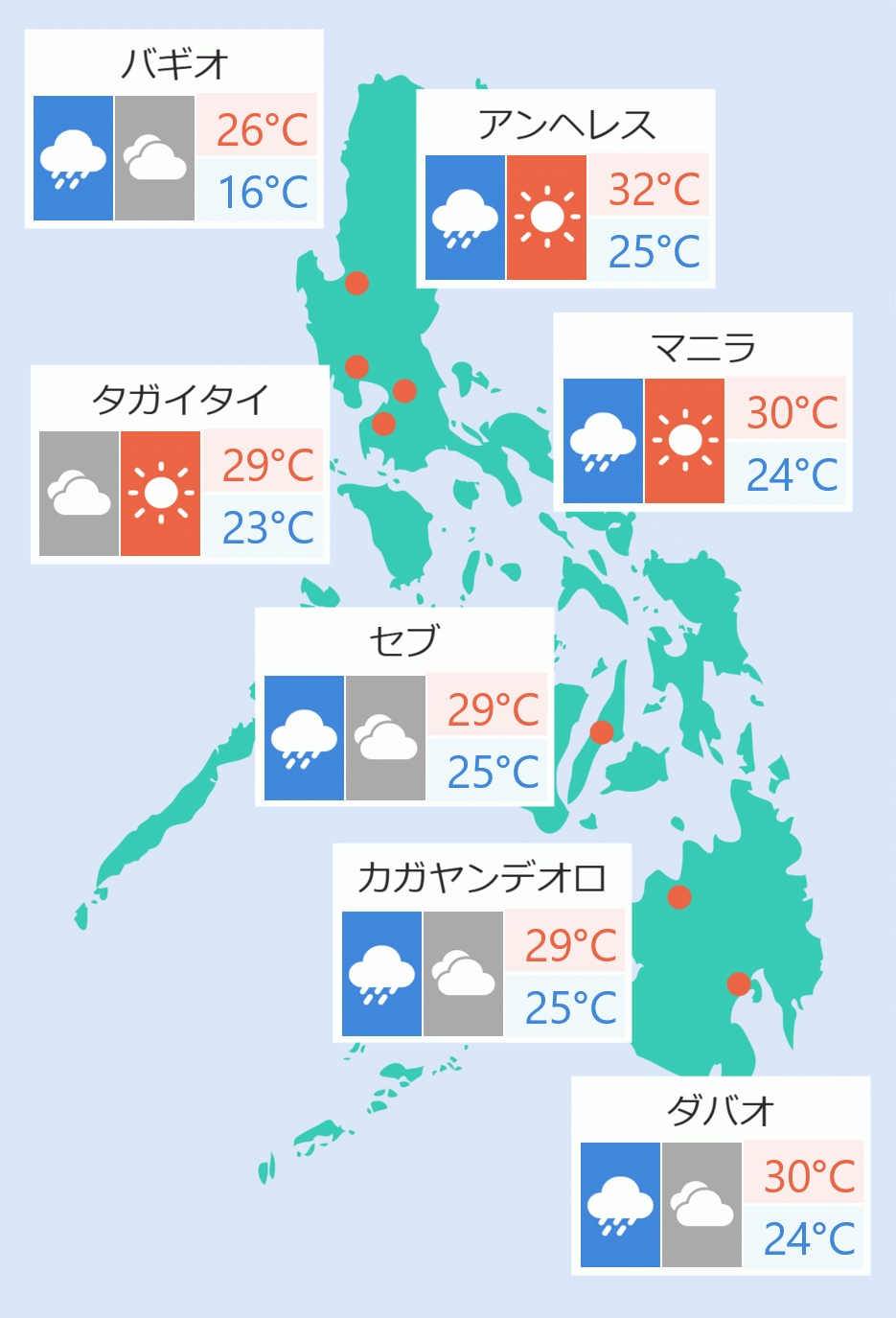The country’s Reciprocal Access Agreement (RAA) with Japan, which could help deter China’s aggressive actions in the West Philippine Sea, could be ratified within this year, Senate President Francis Escudero said Tuesday.
In a forum, Escudero said the Senate has not yet received a copy of the RAA but was likely to finish its deliberations within a month.
The RAA, which allows Japanese and Filipino troops to visit each other’s countries, was signed on July 8.
“As I understand it, it’s still being reviewed by the DND (Department of National Defense), the DFA (Department of Foreign Affairs), the Bureau of Customs. As I said earlier, I wonder why. Because prior to being signed, I guess it should have been reviewed already. And after a signature, there should be a ministerial process of sending it to us. However, as of this date, we have not received it,” Escudero told reporters.
“As soon as we get it, probably it is going to take us about a month to deliberate on it, and put it to a vote. So hopefully we will be able to do it within the year if they give it to us before the end of October. If they give it to us any time after that, we will be busy with deliberating on the 2025 national budget. And in fact, it will already be next year by the time we ratify or come around to ratifying it. Again, it will depend on when they will actually submit it to us for ratification,” he added.
According to Escudero, the ratification of the defense pact with Japan would not only help deter China from encroaching on Philippine waters but would also maintain peace within the Indo-Pacific region.
“I am of the firm belief, that deterrence is the best policy in order to avoid conflict. And the only way when you can provide the deterrence is that if you have a strong military, not to engage in war, but to preserve the peace,” Escudero said.
“While the Philippines does not have a strong military, I believe arrangements such as this, with Japan and our other affiliate partners like the United States, ASEAN, as well as in the EU are helping provide that strength and in a way, deterrence, in order again, not to engage in war, but to preserve the peace in the West Philippine Sea and in this region,” he said.
The Philippine government is also entering into similar security deals with France, Canada, and New Zealand.
Escudero said that the allies of the country condemning China’s harassment of Filipino troops also serve as a deterrent and that President Ferdinand Marcos, Jr. was able to bring the attention of the international community to the West Philippine Sea dispute.
“I think face is important to China. And the fact that there are a lot of countries speaking out against it is actually serving as a deterrent too,” Escudero said.
“That is what I think the President has been able to do successfully. He was able to bring the world’s attention to this particular issue and to rally our allies and those similarly minded states to support the Philippines fighting against a bully in this particular region,” he said.
“He was able to explain it in a way these states and governments understand that what’s happening in the West Philippines is not isolated and that it should be their concern as well, that this should be elevated as one of their top concerns as well. That it is not only a problem of the Philippines,” he added.
The Armed Forces of the Philippines (AFP) earlier said that once the RAA is ratified, the Japan Self Defense Force (JSDF) could join next year’s Balikatan Exercises with the United States. Jaspearl Tan/DMS



 日本語
日本語
 English
English








